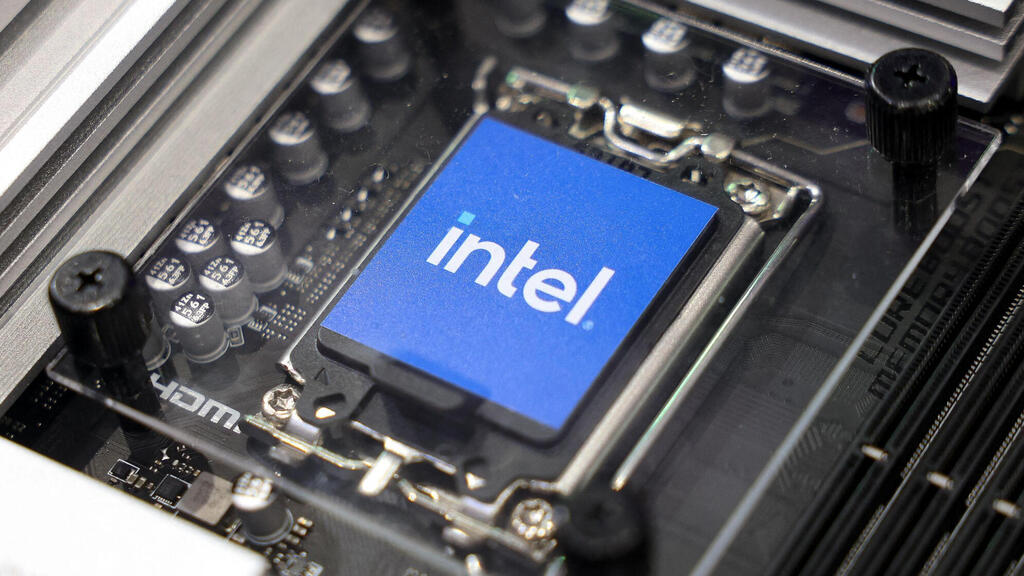Getting your Trinity Audio player ready...
On July 18, 1968, three visionaries—Gordon Moore, Robert Noyce and Arthur Rock—founded Intel, a name derived from "Integrated Electronics." Over the next six decades, the company revolutionized computing, shaping both the chip industry and the personal computer market. Its iconic "Intel Inside" campaign in the 1990s even made consumers care about processors, a component once overlooked.
Now, however, Intel faces an uncertain future. Once a titan, the company appears vulnerable as major industry players circle. According to reports from Bloomberg, The New York Times and The Wall Street Journal, Taiwanese semiconductor giant TSMC and American chip developer Broadcom are exploring potential acquisitions of key Intel operations. TSMC is reportedly interested in Intel’s manufacturing division, while Broadcom is eyeing its chip design and marketing units.
While both deals are in early, informal stages, TSMC's talks seem to be further along. Intel’s interim chairman, Frank Yeary, has reportedly been in discussions with TSMC executives for months about a possible acquisition of Intel’s U.S. manufacturing operations, with an option to include factories in Israel and other countries. Such a deal would require U.S. government approval, and reports suggest Trump’s designated Commerce Secretary, Howard Lutnick, is involved in discussions. Broadcom’s interest is less developed, with the company still searching for a partner to take on Intel’s manufacturing operations before making a formal bid.
Intel’s decline: A missed mobile revolution and AI struggles
Intel’s troubles have been mounting for years. The company missed the mobile revolution, ceding dominance to Qualcomm and Apple. Now, as AI reshapes the industry, Intel is once again lagging. Its attempt to challenge Nvidia’s AI chip dominance recently suffered a setback when it scrapped a key processor developed with Israeli startup Habana Labs.
Get the Ynetnews app on your smartphone: Google Play: https://bit.ly/4eJ37pE | Apple App Store: https://bit.ly/3ZL7iNv
Former CEO Pat Gelsinger had hoped to revive Intel by turning it into a foundry—manufacturing chips for other companies—taking on TSMC and attracting customers like Nvidia and Apple. However, Intel’s struggle to match TSMC and Samsung’s advanced manufacturing capabilities, combined with shareholder impatience over rising losses, ultimately led to Gelsinger’s abrupt retirement at the end of 2024. Now, Intel appears to be accepting that it cannot sustain both manufacturing and design, a model that once made it great but now puts it at a disadvantage against focused competitors like Nvidia and TSMC.
If either deal goes through, Intel could shift its focus entirely to one side of the chip business. If both deals happen, it would effectively mark the end of Intel as an independent company, potentially benefiting shareholders who have seen stock prices decline.
For Taiwan, TSMC is a crucial national asset, serving as a safeguard against Chinese aggression. The island’s dominance in semiconductor manufacturing is its greatest defense, as no Western nation wants China to control the global chip supply. Strengthening its presence in the U.S. through Intel’s factories would not only expand TSMC’s manufacturing capacity but also solidify its relationship with the Trump administration, which is eager to curb China’s influence over the semiconductor industry.
Tech giants like Apple and Nvidia may also be interested in securing stakes in Intel’s manufacturing operations. Apple, which tightly controls its supply chain, could seek influence over chip production, while Nvidia might want to ensure preferential treatment for its own processors.
Broadcom, a dominant force in networking and communications chips, sees an opportunity to expand into AI and computing processors by acquiring Intel’s design operations. While Intel has struggled with AI chip development, Broadcom could provide the leadership needed to make it a serious competitor to Nvidia.
The impact on Israel
Intel is one of Israel’s largest employers, with major manufacturing and R&D operations. Any deal would create uncertainty, likely leading to job cuts and restructuring. However, given Intel’s heavy investments in Israeli chip production, TSMC would have little reason to shut down its factories unless it sees redundancy.
Intel’s Israeli R&D centers, which play a key role in global chip development, are also likely to remain intact. Broadcom already has a significant presence in Israel, making it more likely to preserve and integrate Intel’s development teams rather than dismantle them.
Intel's fate now hangs in the balance. If it sells off one division, it may regain focus and compete once more. If both deals go through, it could mean the end of an era—one where Intel led the industry, only to fall behind as the semiconductor landscape evolved.



